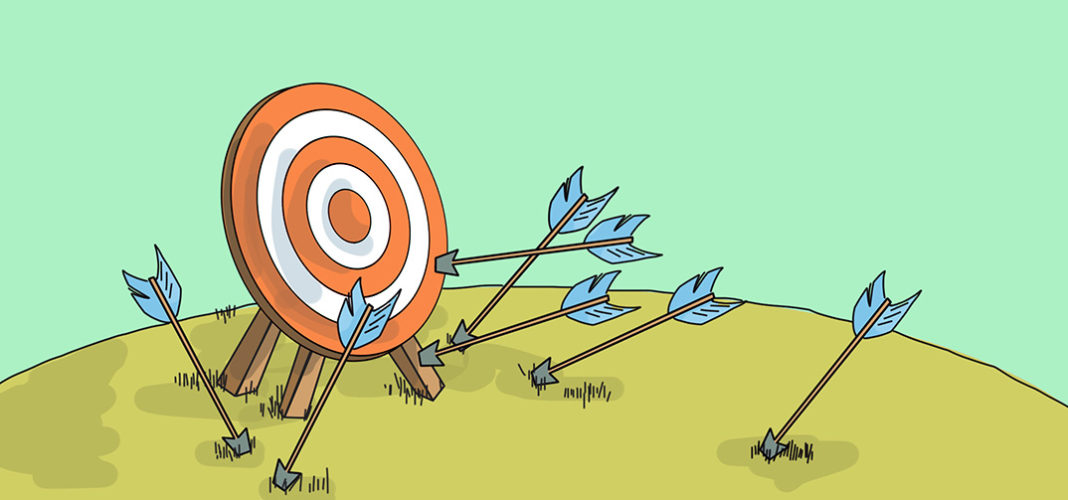Mike, 41, came to see me after splitting up with his girlfriend. It was the fourth relationships in five years that had gone wrong. He was frustrated. “Why do I keep making the same mistake over and over again?” he asked. Mike wanted to focus on the future and didn’t want to talk about his feelings about the breakup.
“What’s the point of dwelling on it? What’s done is done.” He told me he was a master of moving on. “Isn’t that healthy?” he asked. Well, yes and no. Mike, like many people I meet, was good at rationalizing what had happened. “She wasn’t right for me in the first place.” Making excuses about why the relationship didn’t work out was easier than focusing on how sad he was about it.
Rationalizing what went wrong in the wake of a failure or disappointment is a common response. It protects us from dealing with unpleasant emotions and feeling badly about ourselves.
A student gets a C on a paper and dismisses the bad grade as not mattering all that much. An employee receives negative feedback on a presentation and blames the client and convinces themselves they will do better next time. These self-protective measures enable us to get over the disappointment and to move on, but do we learn from them?
Instead of moving on, the best way to overcome a setback may be to feel the pain. In a study entitled, Emotions Know Best: The Advantage of Emotional Versus Cognitive Responses to Failure, participants were asked to complete a simple task. If they succeeded, they were told they could win a cash prize.
One group was told to imagine focusing on their emotional response (their feelings) to winning or losing. The other half was instructed to take a more cognitive approach (their thoughts). The task was rigged so that they all failed. Both groups were then asked to complete a second task. The group that had been asked to embrace their feelings exerted 25% more effort than the other group. Dwelling on the failure and the accompanying unpleasant feelings enabled the group to learn from their mistakes and motivated them to work harder the next time.
As the lead scientist explained:
I do think people will be surprised that allowing themselves to feel bad about a failure can improve performance more than thinking about that failure in some instances. The kinds of thoughts — like rationalizing a failure — people tend to come up with are sometimes counterproductive.
From childhood, we are told not to dwell on mistakes and to move on, but, as the study shows leapfrogging over messy unhappy feelings may not be the best strategy. If we want to learn from our mistakes at school, at work and in relationships, we need to lean into them.
As Mike observed a few weeks into therapy. “Maybe being a master of moving on isn’t the best strategy if you don’t want to make the same mistake twice.”
I wish you all the best,
Dr. Samantha Boardman






